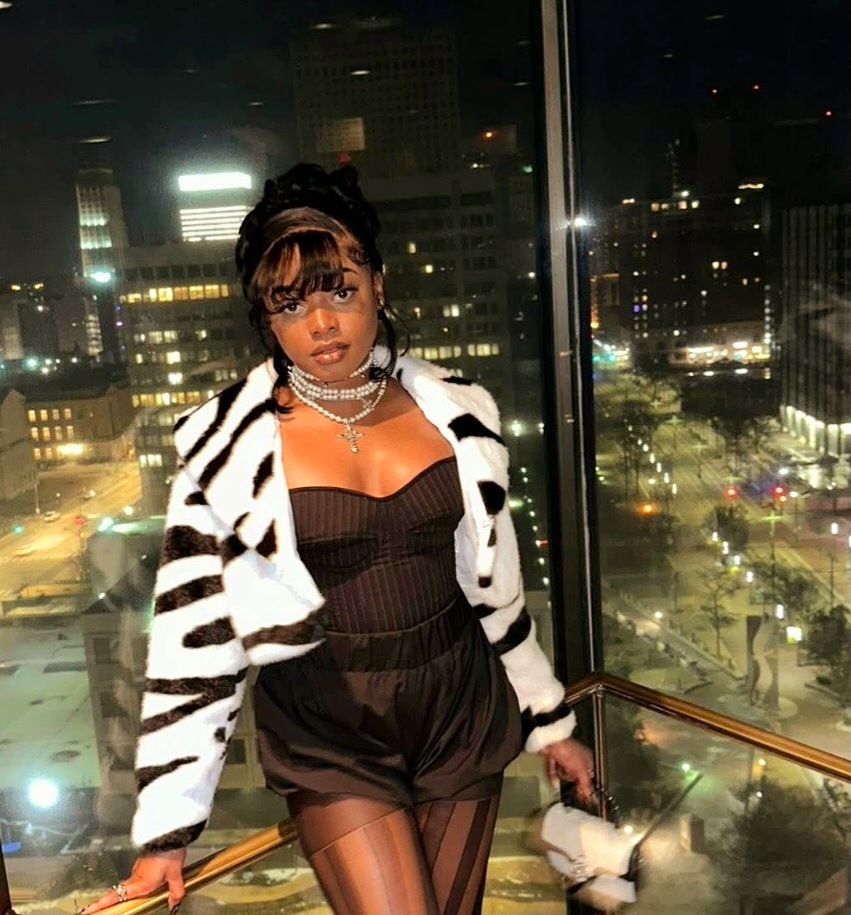MUSIC
Exclusive Interview: Melanie Medina Delves on Her Creative Tastes, Her Inspirations & Her Latest Single “Propeller Hat”
MUSIC
In Sylk McCloud’s Safeword, Bedroom R&B Meets Club Heat as Mr.24 Adds Grit to Bubu’s Midnight Pulse
MUSIC
Killem KD Brings Delta Grit to a One Take Freestyle That Sounds Like a Warning and a Promise
MUSIC
Angele Lapp Brings Quiet Conviction to Hale’s “Kung Wala Ka”, Turning a Beloved Breakup Song Into Something Personaltitl
-

 MUSIC3 months ago
MUSIC3 months agoTR Craze brings his South Sudanese story to the gritty drill anthem “Tule Tule” with Jamaican-UK rapper Caine Marko
-

 MUSIC3 months ago
MUSIC3 months agoMannie Mims channels his Ghanaian roots and global journey into “Mene Woaa” a warm Afrobeats track championing a mature and grounded real love
-

 MUSIC3 months ago
MUSIC3 months agoTaarifa kwa Vyombo vya Habari – wimbo mpya wa Into the Blood: “Play Your Clarinet!”
-

 MUSIC3 months ago
MUSIC3 months agoVan Hechter’s “Boy Problems” Is a Deep and Danceable Bilingual Anthem for Anyone Tired of Lukewarm Love
-

 MUSIC2 months ago
MUSIC2 months agoIurisEkero turns “AURA” into a sunset ritual of cinematic pop, where synths hold your feelings close
-

 MUSIC2 months ago
MUSIC2 months agoKing Jay Da Blountman Turns Versatile Into A Day Off Fantasy With The Easygoing Pull Of “Fish’n”
-

 MUSIC2 months ago
MUSIC2 months agoOmaye keeps it brief and hits hard on “Tell Them”, a focused Afrobeats and Amapiano promise of what is coming
-

 MUSIC2 weeks ago
MUSIC2 weeks agoIn Sylk McCloud’s Safeword, Bedroom R&B Meets Club Heat as Mr.24 Adds Grit to Bubu’s Midnight Pulse



















